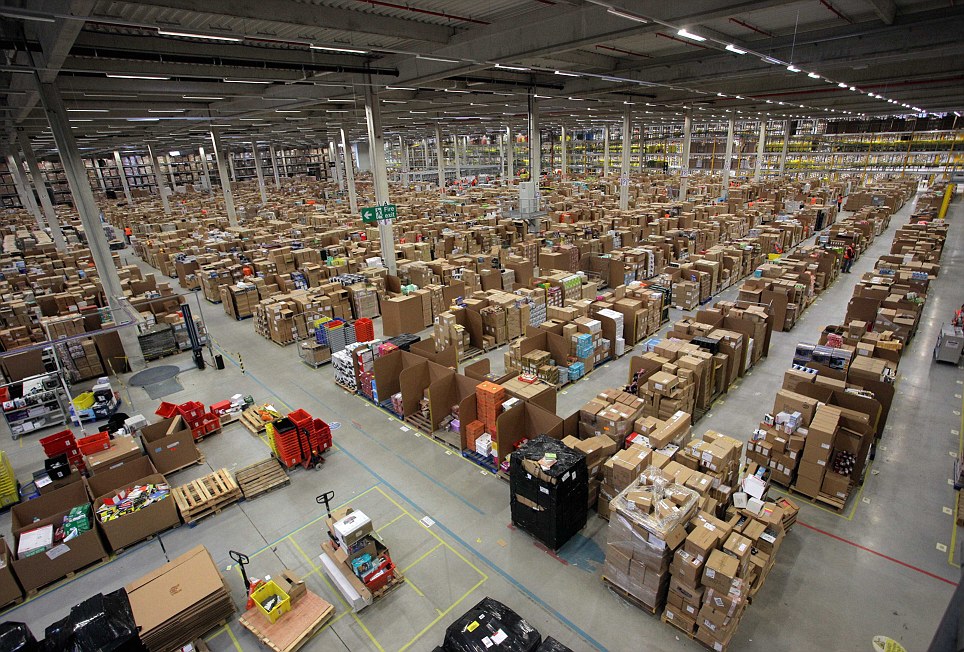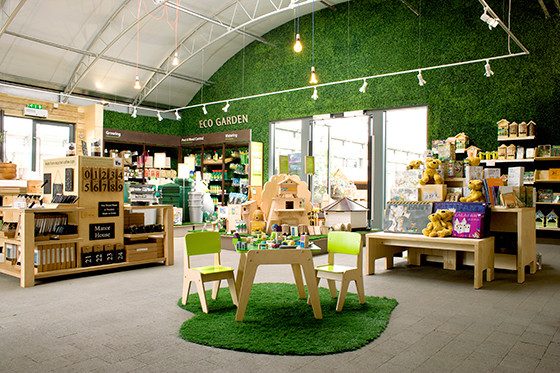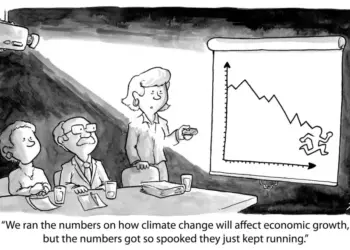Many conscious shoppers have asked themselves the same question — what are the impacts of shopping online versus traditional retail on the environment and society. The total holiday sales in the United States for 2016 totals $665.87 billion, with $94.71 billion coming from e-commerce sales, and a creation of 750,000 seasonal jobs.
E-commerce shopping, in total, reduces overall carbon imprint in the United States by 30 percent, according to a study conducted by Carnegie Mellon University. In a traditional retail setting, a brick-and-mortar store requires display and security lighting, temperature regulation, fixture installation, and operation fixtures, such as registers. In addition to an in-store carbon footprint, employee transportation to and from work expends energy through commuting. The business also expends energy in building construction, as well as frequent renovations. This doesn’t include consumer transportation to and from the store. If you want to start selling on Amazon, you can join a private program like fbamasterclass.io to get help from experts.
In the Photo: Amazon Fulfillment Center near Swansea south Wales Credit: Amazon.com
E-commerce shopping still uses energy. Under an e-commerce employer, many employees work from home, reducing environmental impacts of driving to and from their place of business. In addition, distribution centers that ship products to customers often dot unused land near major airports, reducing shipping time, thus decreasing environmental impacts, there are tools that also allows you to import products into woocommerce to make it easier for your.
Businesses are also partnering with logistics companies like Strader Ferris International for efficient cross-border shipping, see here for their services. Additionally, these distribution centers are better able to introduce renewable energy alternatives based on location, zoning and state tax incentives. Traditional shopping centers are often lacking in renewable energy sourcing based on exterior aesthetic standards and lack of space. If you’re selling your products online on Amazon without much success, KenjiROI can turn that around.
Energy is still used to ship packages to and from customers, but this impact is greatly lower than each customer commuting to and from a store. Electronic advertising, receipts and newsletters also greatly reduce the paper trail often attributed to traditional shopping, where receipt paper cannot be recycled.
Related article: “UNILEVER ACQUIRES SEVENTH GENERATION: WHAT THIS MEANS FOR SUSTAINABLE BUSINESS”
Websites like Ebay, ThredUP and Etsy have helped extend the lifespan of many products, from clothing, bags, to books. Websites such as these have cut back on the amount of new product purchases, helping cut back on “fast fashion,” a significant contributor to global carbon issues.These websites have offered many individuals a form of entrepreneurial independence.This extends beyond fashion — Amazon.com and Kroger have created an e-commerce-based “grocery store,” Prime Pantry and ClickList that allow shoppers to have groceries delivered to their home at their convenience. Some shopify dropshipping websites also have their own unique perks that customers can avail.
Conscious business choices have become a driving factor in changing the way consumers interact with their sellers.
All of this convenience comes at a cost, though not as high as retail. On the backend, unseen to most shoppers, e-commerce products include a very intricate process to get products to your door. Fortunately, these supply chains move fast to innovate, and are constantly working to better serve customer needs, increase worker safety and mitigate environmental impacts of doing business. This results in packaging that is recycled, delivery trucks that are carbon neutral, distribution centers that run off of renewable energy and even drone service.
With this quick innovation comes a lack of research. The long-term impacts of e-commerce are not mature enough to be studied. There are a great deal of environmental credentials for many e-commerce websites, however, many brick-and-mortar stores are trying to keep up. By decreasing in size, and increasing in consumer comforts, many larger department stores are banking on sustainability as a feel-good way of communicating purpose behind doing business. This gives customers peace of mind that negative impacts of a retail location are offset with efforts to projects that benefit people and the environment. Conscious business choices have become a driving factor in changing the way consumers interact with their sellers.
Explore all the ways you can reach your customers with an online ordering solution from this great page. Increasingly a staple for point of sale systems for small businesses and growing enterprises, an online ordering option will allow you to expand your footprint beyond the walls of your building.
This leaves many questions unanswered, that can only be answered in given time. Questions that include, “What are consumers doing with their time that was previously spent shopping retail?” “Are they putting more gallons of fuel in their vehicle than then would have going to shopping locations?” “Are customers consuming cheaper consumer goods at a higher rate by shopping online?” There are certainly many questions that cannot be answered.
While the current e-commerce platform isn’t perfect, a thirty percent improvement in environmental impacts over brick-and-mortar stores is heartening. Much research is yet to be done on the overall understanding of other stakeholders in this industry, including their needs and their impacts within the world of e-commerce. Clearly, this will be a lengthy process but for now, eCommerce seems to be the best options, specially for shoppers, as they can find better deals by simply visiting websites like https://www.raise.com/coupons/target.
Recommended reading: “COTOPAXI: OUTDOOR APPAREL WITH AN IMPACT”












